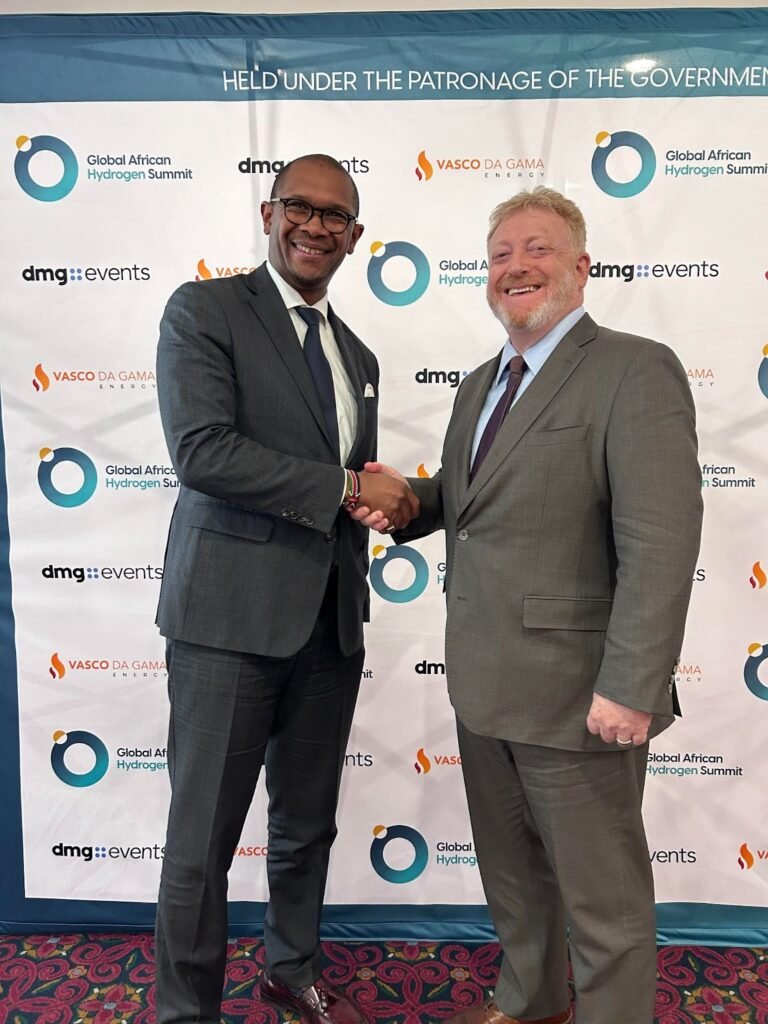Africa Practice (AP), a consulting firm, and Environmental Defense Fund (EDF), a nonprofit organisation tackling climate change, have partnered to address climate challenges and promote sustainable energy solutions across Africa.
The partnership, officially announced by Richard Kiplagat, Director at Africa Practice, at the Global Africa Hydrogen Summit taking place in Windhoek, Namibia, will support energy transition in Africa by accelerating the reduction of methane emissions from the oil and gas sector. It will also ensure that new green hydrogen projects achieve their potential as climate solutions.
“Green hydrogen is poised to be a significant catalyst for Africa’s sustainable development. This clean energy carrier offers immense potential to transform Africa’s energy landscape, drive economic growth, and contribute significantly to global decarbonization efforts. By combining our local expertise with EDF’s global experience, we are in a unique position to make a real impact on climate policy and action across the continent,” Kiplagat said.
According to the International Energy Agency Methane Tracker for 2024, the aggregate methane emissions from Africa’s Oil & Gas sector were approximately 9,200 kilotons in 2023; this equates to 67% of all energy sector methane emissions for the region. Methane poses severe health risks as high-emitting companies and processes pollute the air, often in areas where marginalised communities live and work. Here are the key highlights of the partnership:
Elevating climate policy discourse: The partnership will focus on disseminating EDF’s research findings to local audiences, promoting more informed debate on critical issues such as hydrogen development and methane reduction.
Amplifying African voices: Africa Practice will work to share African perspectives with global policymakers, ensuring that international climate initiatives are better adapted to local contexts and dynamics.
Methane abatement strategy: A joint advocacy strategy will be developed to address methane abatement opportunities in Africa’s oil and gas sector, including efforts to secure additional signatories to the Oil and Gas Decarbonization Charter. Cutting methane emissions could slow down climate change by avoiding more than 0.2°C of global warming, improve air quality and public health, enhance agricultural productivity by preventing millions of tons of crop losses and strengthen Africa’s role in global climate leadership.
Stakeholder engagement: The partnership will convene key stakeholders to advance conversations on methane abatement opportunities across the continent.


